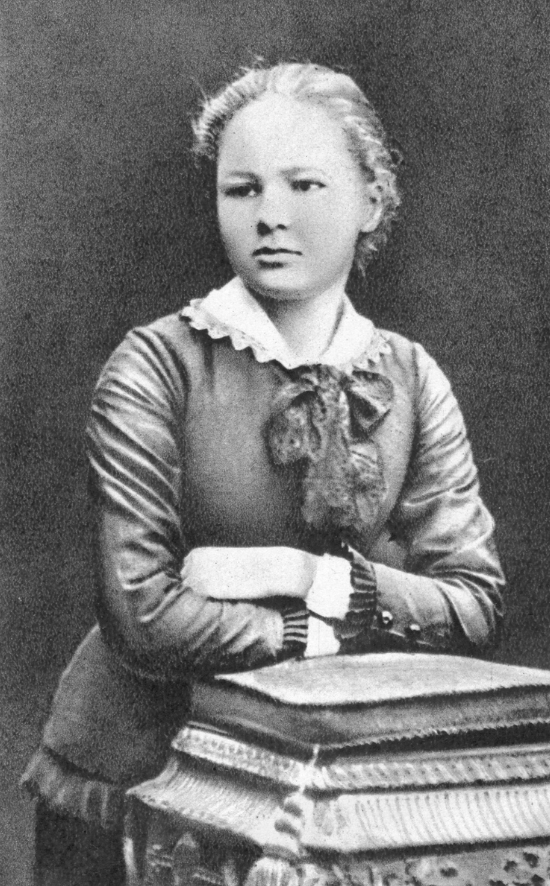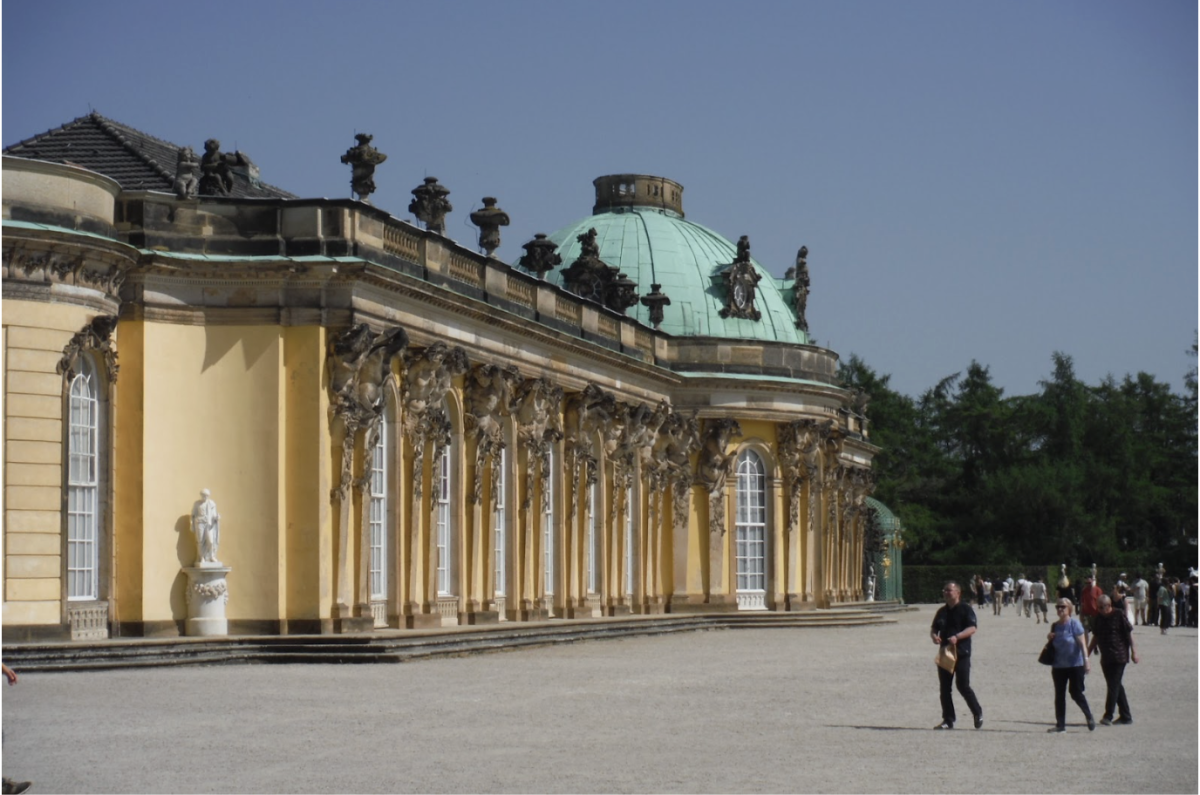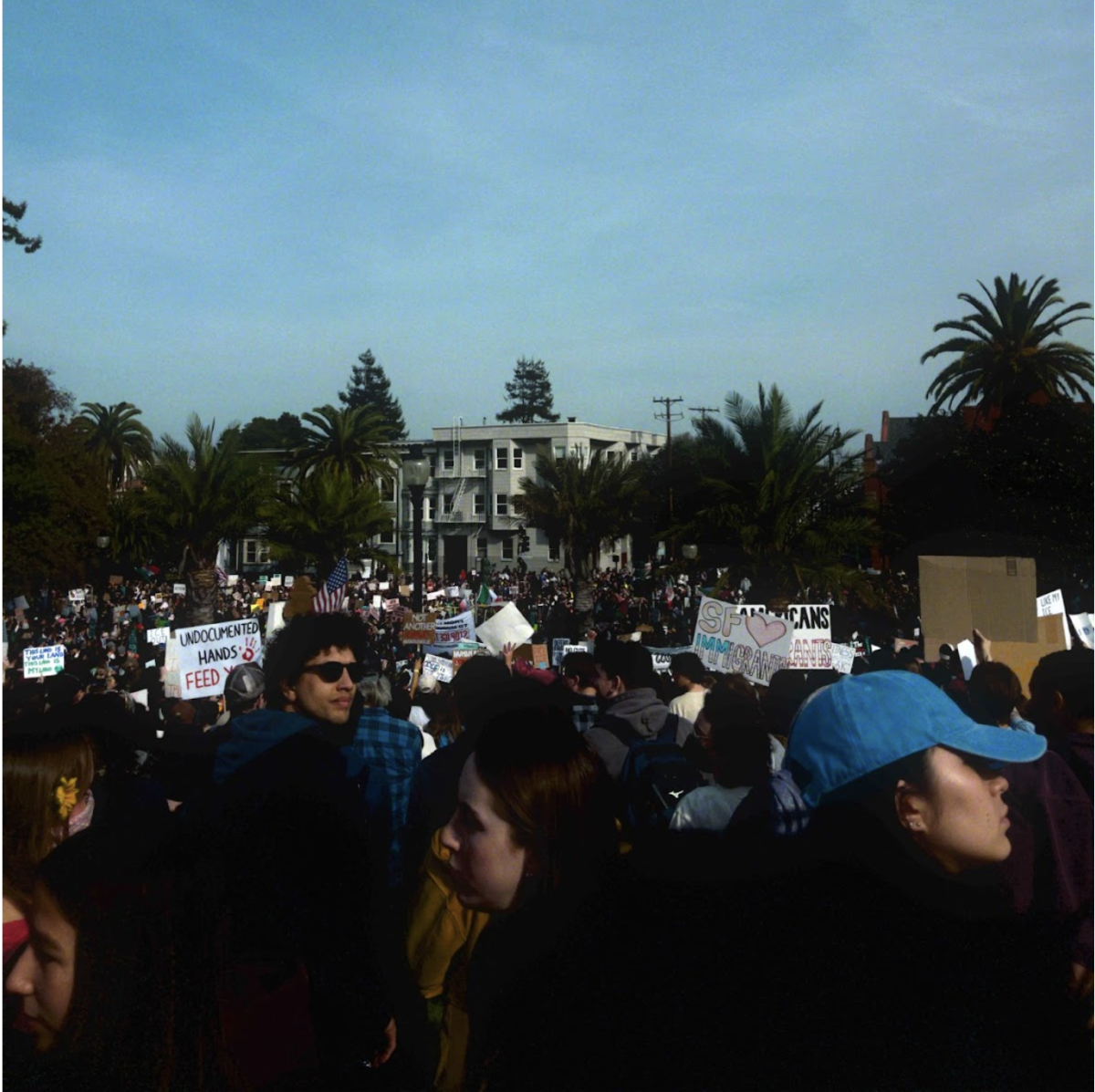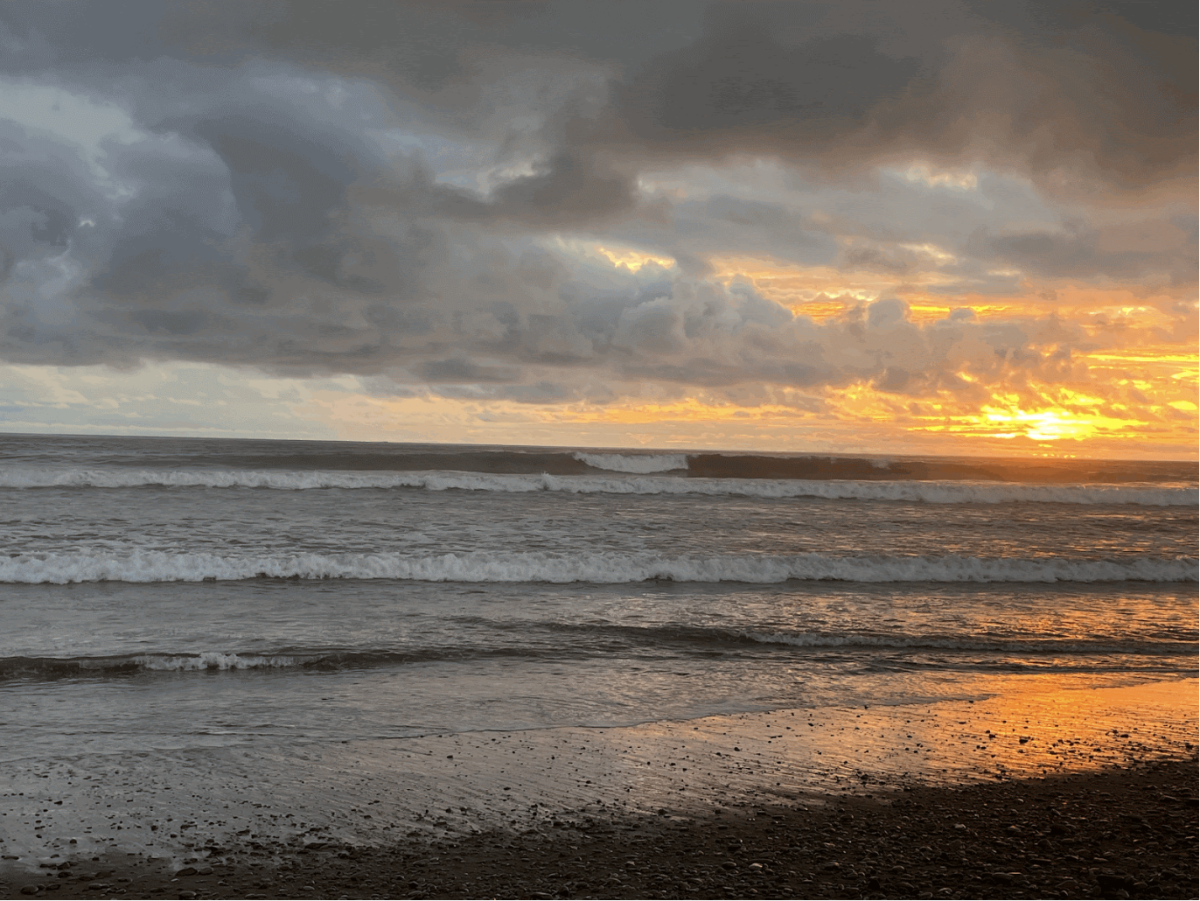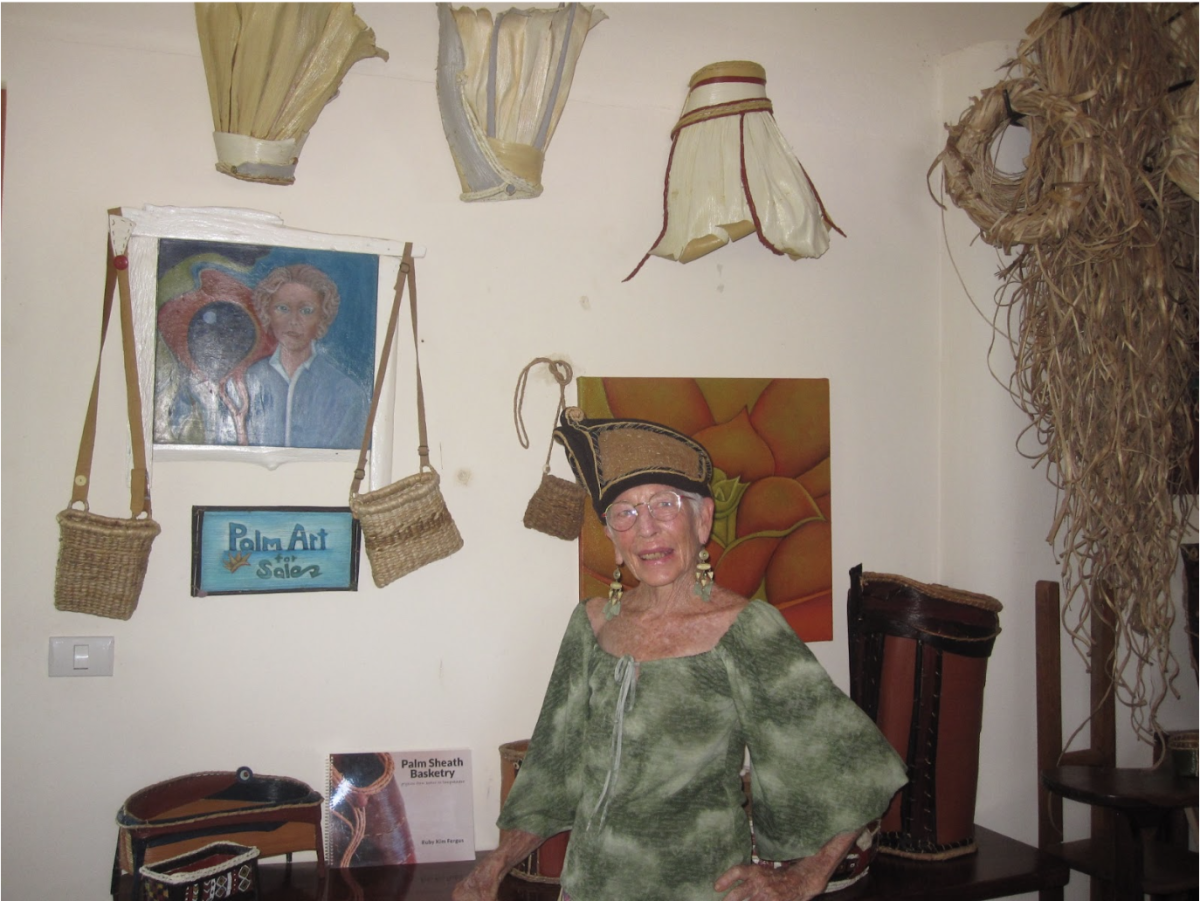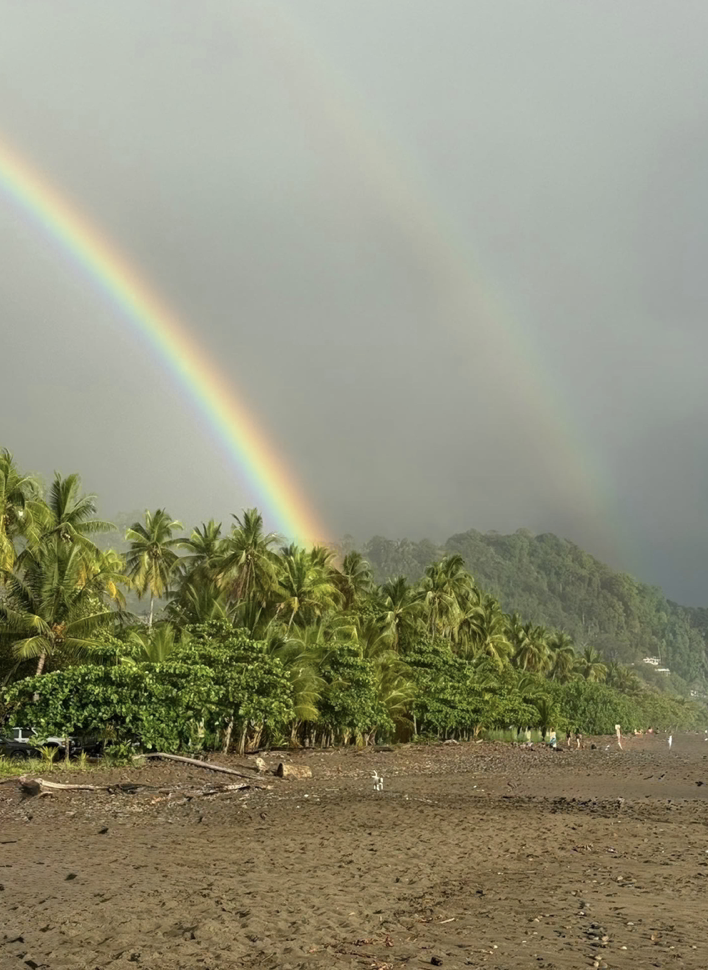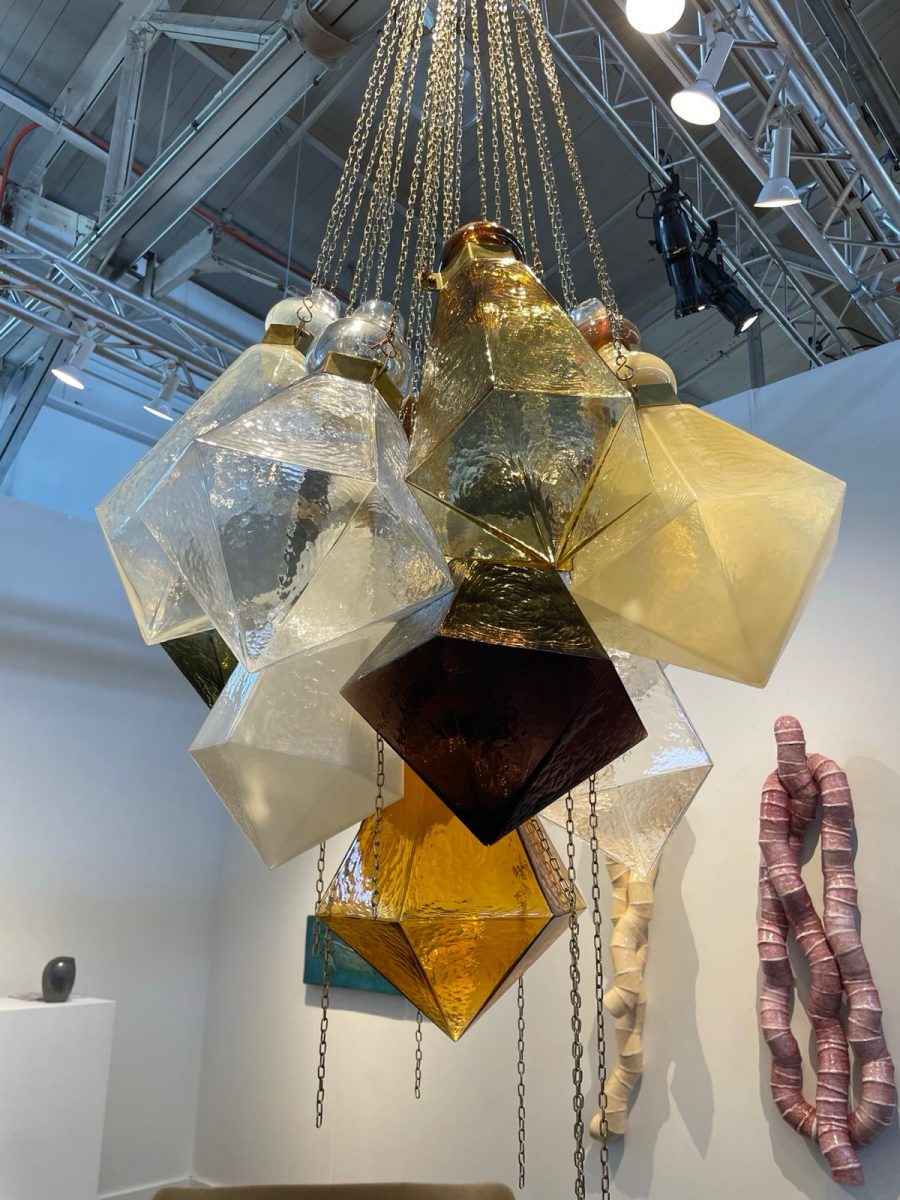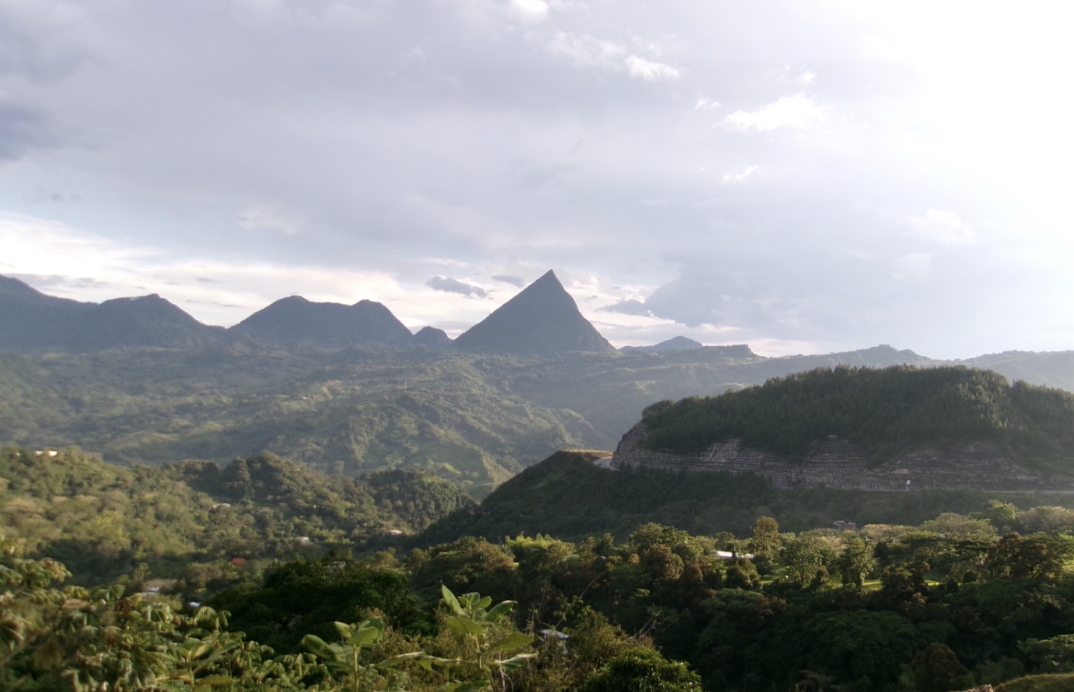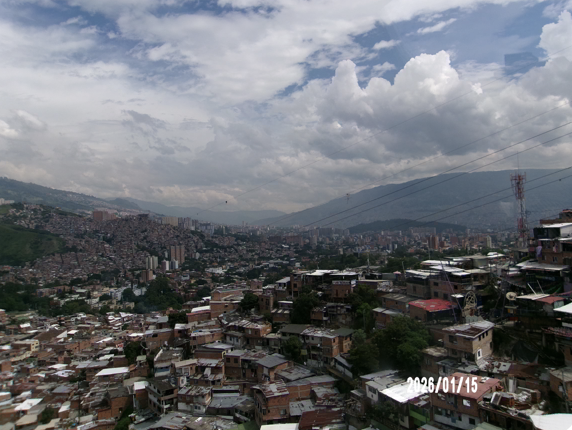Today marks the birthday of scientist Marie Curie, who was born in Warsaw, Poland on Nov. 7, 1867. Although no one knew it then, she would go on to revolutionize the field of science by pioneering research on radioactivity and more.
Curie was born the youngest of five children and faced many struggles in her early life, but she had big aspirations. At 24, she left Tsarist-controlled and sexist Poland to study at the Sorbonne in Paris. She was filled with uncertainty about the future, and what one can only imagine, as nervous excitement for the opportunity to learn all that she wanted. In Paris, Curie went on to make crucial discoveries in the field of science.
“Marie Curie discovered polonium and radium, and made major advancements in the field of cancer research,” sophomore Nina McGarry said. “She worked hand in hand with her husband Pierre, but after his death she continued to make major contributions to her fields and aided numerous studies in radiation,”
She was the first woman to win a Nobel Prize and the only one to ever win two – one in physics and another in chemistry. In both these respective subjects, students at Convent & Stuart Hall still learn about her today.
“I first remember learning about Curie in 7th grade,” sophomore Sophia Lum said. “I became interested in her story again last year when I saw a poster of her in Ms. Benson’s physics classroom on the Stuart Hall campus,”
From humble beginnings in Poland, where her parents both held precarious teaching jobs, Curie persevered. She studied in her spare time by working as a governess and tutor before she skyrocketed to success. Her discoveries remain relevant to scientists and organizations today.
“Marie Curie’s relentless resolve and insatiable curiosity made her an icon in the world of modern science. Indefatigable despite a career of physically demanding and ultimately fatal work, she … championed the use of radiation in medicine and fundamentally changed our understanding of radioactivity,” the Nobel Prize Organization states.
Curie had to extract radium from metric tons of sand achieving the first experimental demonstration of radioactivity – a process that remains incredibly challenging today but was unprecedented for the time. Marie broke through the metaphorical wall of what many thought was possible for a woman and the field of science, and will forever be remembered for it.
“I am truly and inspired by Marie Curie,” said McGarry. “I believe she was a skilled and devoted scientist, and hope to see someone like her in the field today.”



